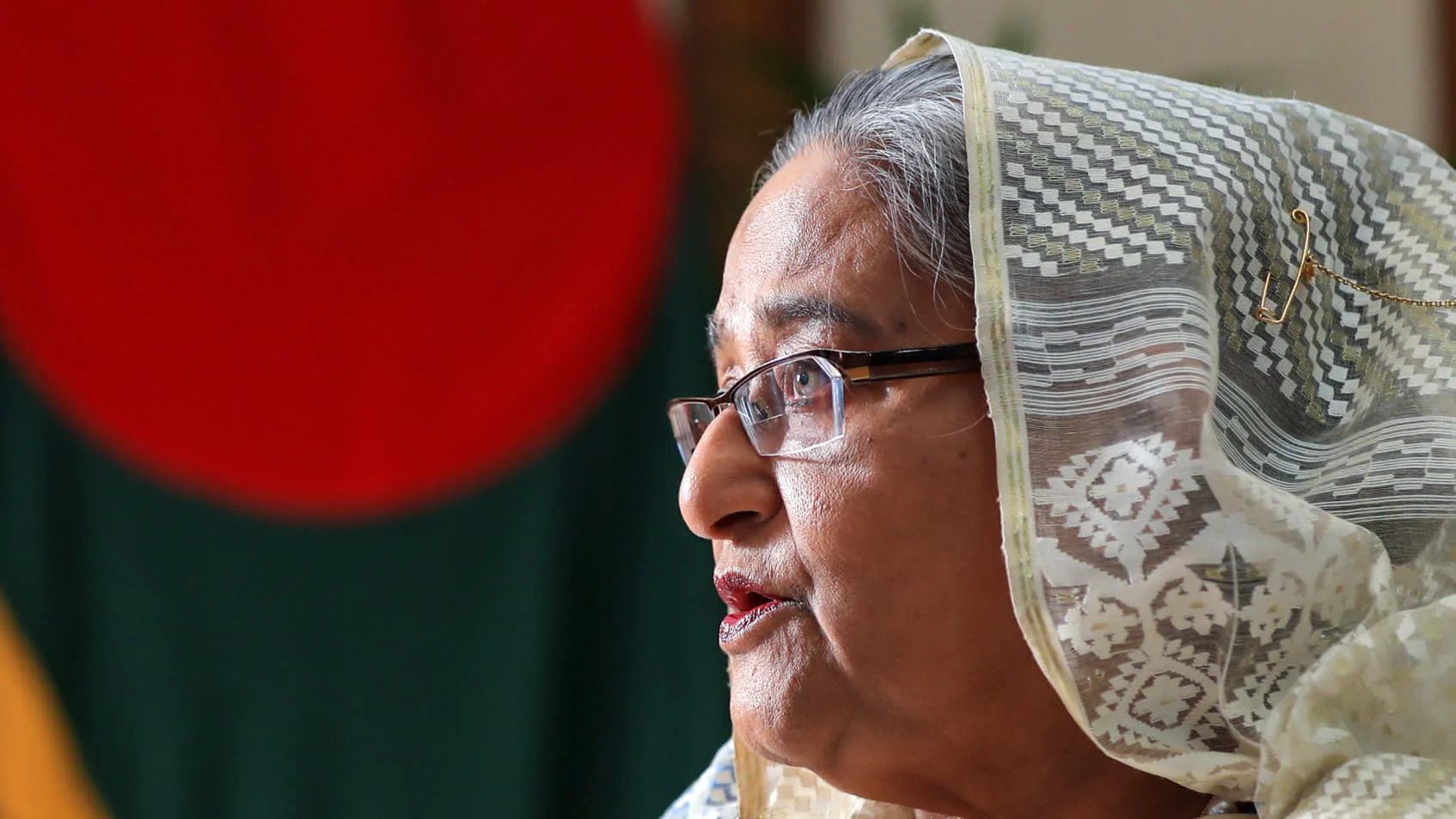We Need Better Civics Education in Schools
I was watching an old stand-up performance by a comedian named Nate Bargatze, and he discussed how he wanted to vote for Donald Trump in the 2016 election. He said, “There are a couple of things that could keep me from voting for him, though. One being, how do you vote? I don’t know if you go to a building, like a bank...the other thing is, when do you vote? I remember turning 18 and thinking, ‘Oh, I can vote today,’ and they said, ‘Well, it’s not today,’ and that’s the last I’ve thought about it.” The segment was funny, but these jokes serve as a reminder that his struggles are not uncommon. We may have studied U.S. government in school, but when we turn 18, we are left to figure out the voting process on our own. The fate of our democracy depends on informing and educating our citizens, and this education must start in schools.
A 2019 survey conducted by Annenberg Constitution Day Civics revealed that only 39 percent of Americans could name the three branches of government. These findings would be surprising if it weren’t for the fact that only nine states and the District of Columbia require a year-long civics course. Other states have shorter requirements, but ten states have no civics-related education requirements at all. Even if students memorize how long the terms are for U.S. Representatives in school, they graduate with very little comprehension of how our government works, how to register to vote, and how government affects their daily lives.
One of the biggest problems with our civic engagement today is that people—and young Americans, in particular—take to social media platforms to vocalize the issues that matter to them. No matter how much we discuss what we stand for on Twitter, it means nothing if we don’t vote in the presidential and local elections. It also means nothing if we don’t do our research on all the candidates on the ballot—or all the positions on the ballot, for that matter. Many of us don’t really know what we are voting for when we select candidates for certain offices in our state elections. What is the role of each of the local offices on our ballot? If we don’t know how our own government works, we will never be able to utilize it as an instrument of change.
Another problem with civic engagement in the United States is that our society tells young Americans they must stay out of the political arena until they come of age at 18. What is the point in getting involved when you can’t vote? How is it even possible to get involved in a meaningful way? However, these notions couldn’t be further from the truth. In reality, citizens shouldn’t start getting involved politically after they come of voting age. By that point, it may be too late for some people to develop a meaningful connection with their government or receive a thorough civic education. Civic engagement is a life-long endeavor which should begin at an early age. If we have better civics education throughout school, our young Americans will be fully prepared to cast an informed vote when they turn 18. We must treat civic education and engagement as seriously as we treat studying foreign languages, math, literature, and science.
John Lewis once said, “The vote is precious. It is almost sacred. It is the most powerful non-violent tool we have in a democracy.” No matter which country you live in, your political input is a powerful right. If we want to see real change in the world, we must be intimately familiar with how to enact that change. We can no longer leave the burden of civics education on citizens to pursue on their own. Regardless of where you live or what you believe in, we all have a shared responsibility to participate in our government.
Sources:











